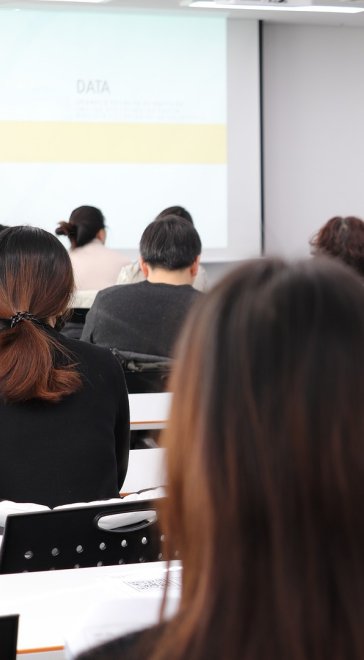On Contextuality in Quantum Physics, Probability Theory, and Logic

A (quantum mechanical) model is said to be contextual if the value of an observable must depend on which other observables are measured along with it; that is, on the context that the measurement is made in. Contextuality in quantum mechanics (QM) can be detected from the probability distributions predicted by the Born rule, but a fully general method for how to do this is not yet developed. Abramsky and Brandenburger (2011) initiated a modern approach to detecting contextuality, via the use of sheaf cohomology. In this talk, after briefly introducing what contextuality is and how it appears in QM, I will try to argue that it deserves to be treated as a general feature of probability theory and logic, and outline how the presence of contextuality suggests that a sheaf-theoretic approach to probability theory is both natural in general, and useful for QM.

